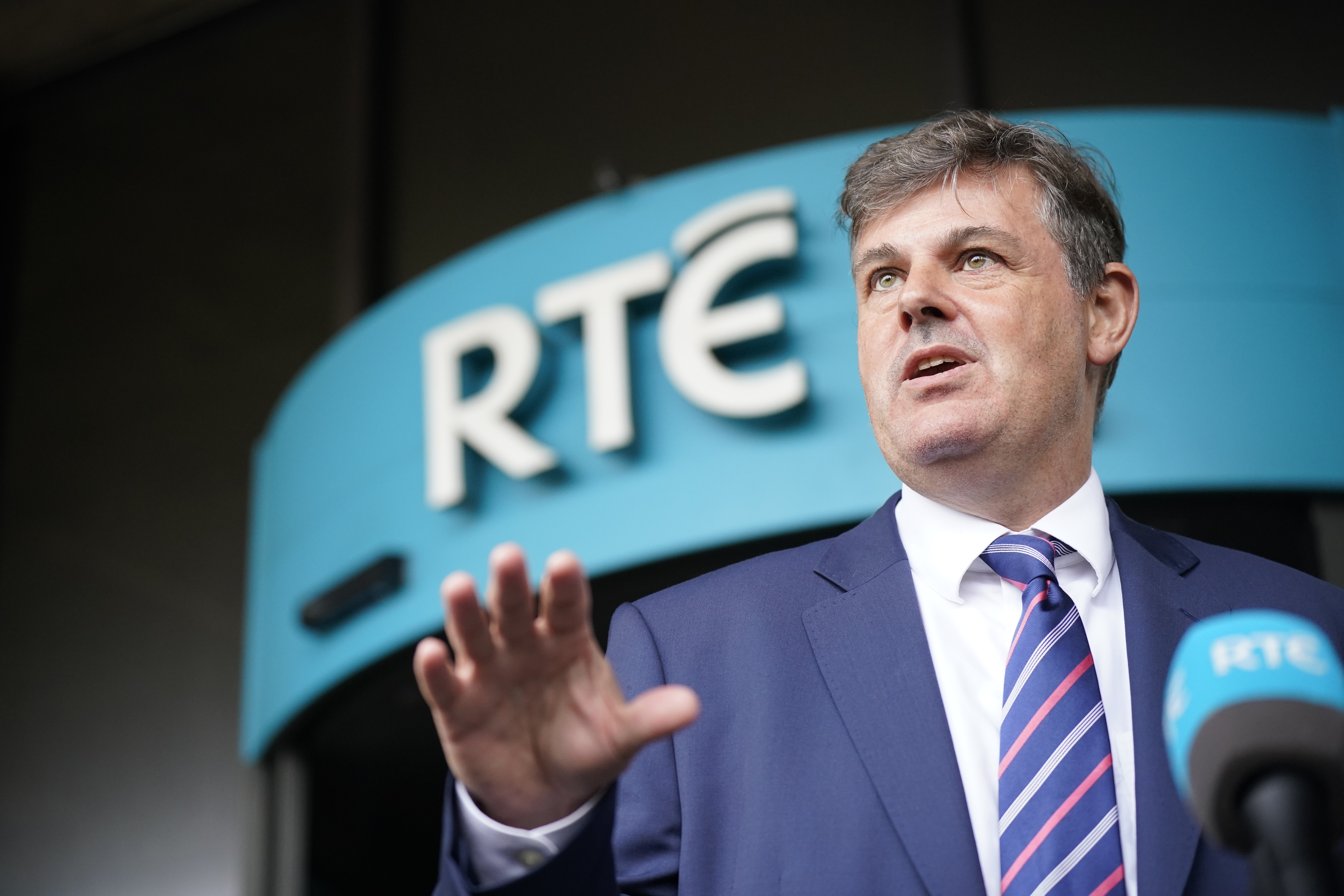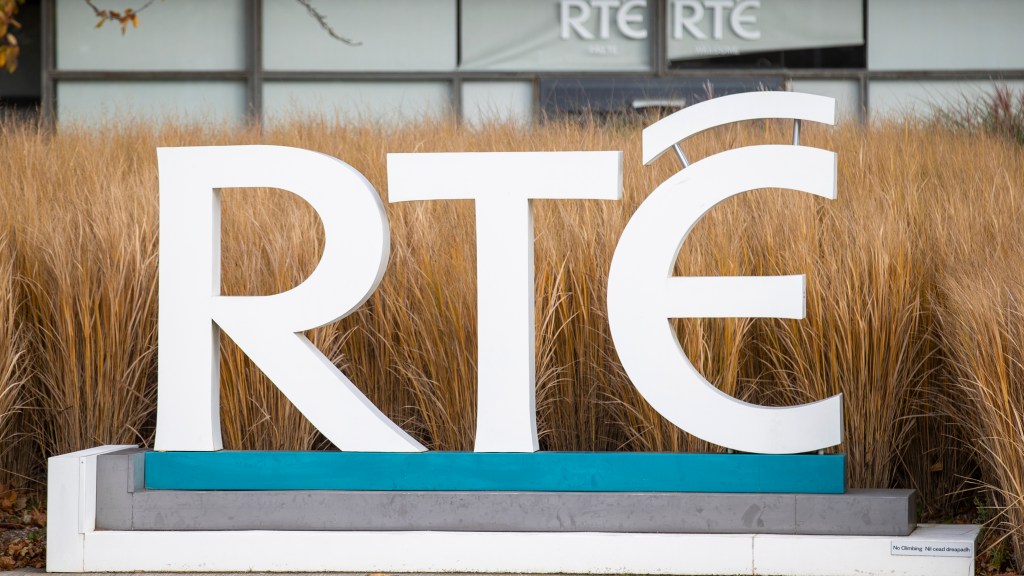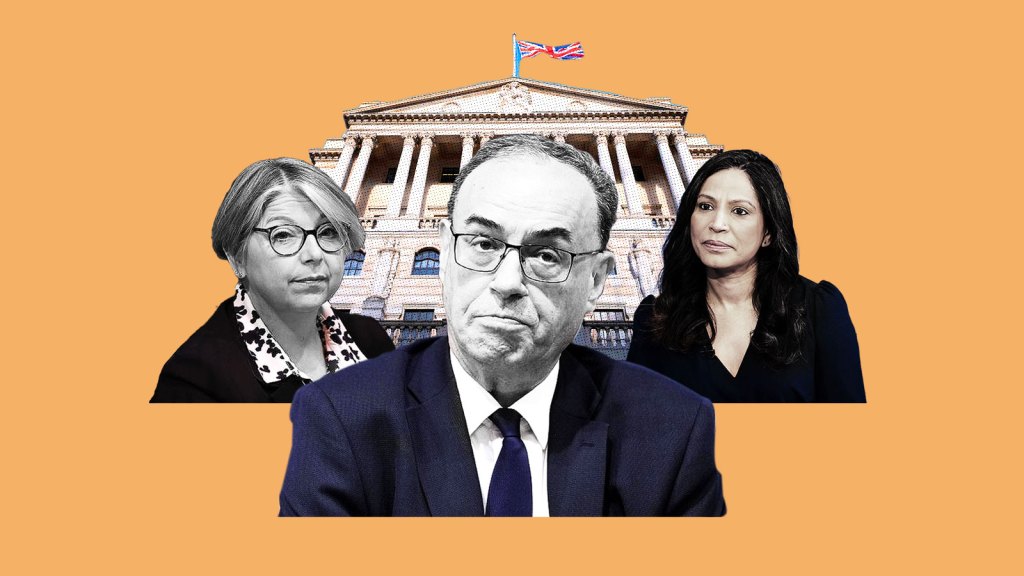Potential Tax Liabilities for RTE Stars May Reach €11 Million
RTE has earmarked €11 million to cover anticipated tax and social welfare liabilities concerning 20 high-earning individuals, some of whom may be incorrectly classified as self-employed through limited companies.
The broadcaster has already paid over €4 million in overdue social welfare contributions resulting from the misclassification of certain workers as independent contractors.
Additionally, RTE has set aside €22 million to address expenses that could stem from the review of up to 700 cases. However, it recently confirmed that half of this amount pertains to just 20 individuals or limited companies. The station has initiated a High Court challenge in two specific cases, which may serve as precedents for the remaining contested contracts.
The High Court is expected to hear one of these cases this week, involving a disagreement between RTE and the Department of Social Protection regarding the status of individuals classified as self-employed through their own companies.
Last year, it was reported that six of RTE’s top ten highest-paid presenters operate through companies for their service fees.
During a recent meeting of the Oireachtas committee on arts and media, RTE stated that amongst the 655 cases reviewed in the bogus self-employment investigation, approximately 82 percent have been resolved.
The inquiry revealed that 60 percent of these cases were accurately categorized as contractors at the time they were assessed.

Bogus self-employment can significantly impact an individual’s eligibility for benefits such as social insurance, holiday and sick pay, and parental leave.
RTE has set aside nearly €22 million to manage unpaid PRSI and potential tax penalties stemming from these matters.
Of the €4 million already disbursed, €3.2 million was paid to the Department of Social Protection, while €1.05 million went to the Revenue Commissioners.
Currently, there are 124 outstanding cases, and the broadcaster also anticipates an expense of €165,000 for legal consultation regarding the High Court actions.
Kevin Bakhurst, RTE’s director-general, expressed concerns about low morale within certain sectors of the company, stating, ‘I would say it is very mixed across the organization. Change is very challenging.’
He acknowledged a significant level of frustration and disappointment among employees regarding events in 2023 and earlier, indicating that recovery would be a long process.
‘We need to implement substantial cultural changes from the top down, including among management and overall employee behavior,’ he added.
Bakhurst noted that a ‘comprehensive staff survey’ concluded last week, and they have received initial results indicating a mix of morale across different areas of the organization.
Bakhurst remarked that it has been nearly two years since RTE’s committee appearances that were highlighted for undesirable reasons.
This refers to the crisis in the summer of 2023 when the RTE board publicly acknowledged that star presenter Ryan Tubridy had been compensated more than what was previously disclosed regarding the salaries of top earners.
The incident led to Tubridy’s departure from RTE and subjected the broadcaster to increased scrutiny, which expanded to encompass broader financial issues.
Following extensive reviews of governance within the organization, it was revealed last summer that RTE would be allocated €725 million in funding over a three-year period.
Recently, Bakhurst informed lawmakers that as part of a voluntary redundancy initiative, RTE had received 328 applications.
This program was available to employees who have completed a minimum of two years of continuous service by the time their employment concludes.
Notifications regarding the final decisions will begin on September 1, with successful applicants set to depart on October 31, November 30, and December 31.




Post Comment